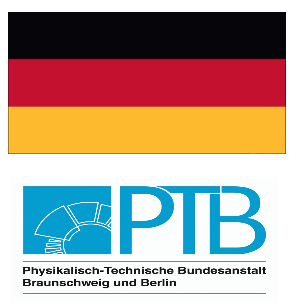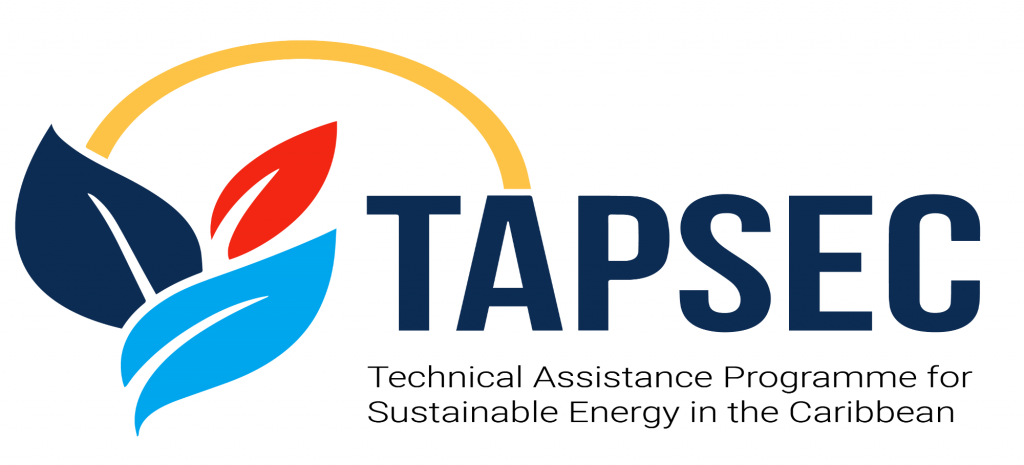About Energy
The threat of climate change to the small island developing states (SIDS) of CARICOM are far reaching and detrimental. One of the biggest contributing factors to this phenomenon is the increase in energy consumption. As a result of the usage of fossil fuel to create energy, there was an increase in the emission of green-house gases which lead to the grave effects of global warming. Several studies have shown that in the last 100 years, the Earth’s surface temperature has warmed by 1°C, which is an alarming rate.
The Inter-Governmental Panel on Climate Change has indicated that a significant reduction of green-house gas emissions could change the trajectory of the climate predicament, thus the Paris Agreement was negotiated. Signed by 179 countries and the EU, the Paris Agreement pledges to keep the global average temperatures below 1.5 degrees Celsius (max 2 degrees Celsius) as this would reduce the risks and impacts of the impending crisis. To achieve this, countries and regions have made commitments to implement measures that would aide in the mitigation and adaption to climate change.
To this end the CARICOM Energy Policy, developed and approved in March 2013, established the ‘regional and national target for the reduction of green-house gas emissions in the energy sector’ and made provisions for measures to ‘implement the appropriate mitigation action relevant to the energy sector’. Ultimately, its objective is to fundamentally transform the region’s energy sector through the provision of secure and sustainable supplies and uses of energy and strengthening the human and institutional capacities in the energy sector. Accordingly, as the premier institution for Quality Infrastructure (QI) in the region, the CARICOM Regional Organisation for Standards & Quality (CROSQ) was mandated by the CARICOM Council for Trade and Economic Development (COTED) at its 41st meeting in Trinidad and Tobago, 2013, to aid the sustainable development of the energy sector.
Quality Infrastructure in Energy
Quality Infrastructure is the institutional framework established to support Standardization, Accreditation, Conformity Assessment, Metrology and Quality Promotions, which helps to form the basis for industrial development. Thus, to ensure the resilient development of the energy sector CROSQ was mandated to:
- Develop a regional energy efficiency building code;
- Develop energy efficiency labelling standards and Minimum Energy Performance Standards for electrical appliances; and,
- Develop energy efficiency labelling standards and minimum energy performance standards for light industrial appliances.
Through strategic collaborations and partnerships, CROSQ has successfully completed several projects which support the development and implementation of its two main initiatives, the Harmonized Energy Efficiency Labelling Scheme (CEE Labelling Scheme) and the CARICOM Regional Energy Efficiency Building Code (CREEBC). Additionally, to support the energy agenda CROSQ has developed standards for various appliances and renewable energy technologies.
To this end the CARICOM Energy Policy, developed and approved in March 2013, established the ‘regional agenda for the reduction of green-house gas emissions in the energy sector’ and made provisions for measures to ‘implement the appropriate mitigation action relevant to the energy sector’. Ultimately, its objective is to fundamentally transform the region’s energy sector through the provision of secure and sustainable supplies and uses of energy and strengthening the human and institutional capacities in the energy sector. Accordingly, as the premier institution for Quality Infrastructure (QI) in the region, the CARICOM Regional Organisation for Standards & Quality (CROSQ’s) role and responsibilities are articulated in the Policy to harmonise and develop QI (standardization, accreditation, conformity assessment, metrology and quality promotions) in critical energy related areas for the benefit of member states. In keeping with these responsibilities and after assessing the needs of member states a comprehensive QI Energy Roadmap was developed The CROSQ Regional Quality Infrastructure (RQI) in Energy Road Map.
CROSQ’s involvement in energy arose from a mandate by the CARICOM Council for Trade and Economic Development (COTED) Energy at its 41st meeting in Trinidad and Tobago, 2013, aimed at contributing to the reduction of energy consumption and meeting national determined contribution through efficiency measures as follows:
Develop a regional energy efficiency building code;
- Develop energy efficiency labelling standards and Minimum Energy Performance Standards for electrical appliances; and,
- Develop energy efficiency labelling standards and minimum energy performance standards for light industrial appliances.
To date CROSQ has successfully executed the first two initiatives namely the development of the energy efficiency building codes and the energy efficiency labelling standards for select electrical appliances (refrigerators, air conditioners and lighting equipment); and will work towards implementing the final measures as well as comprehensive set of QI in energy measures as detailed in the The CROSQ Regional Quality Infrastructure (RQI) in Energy Road Map.




